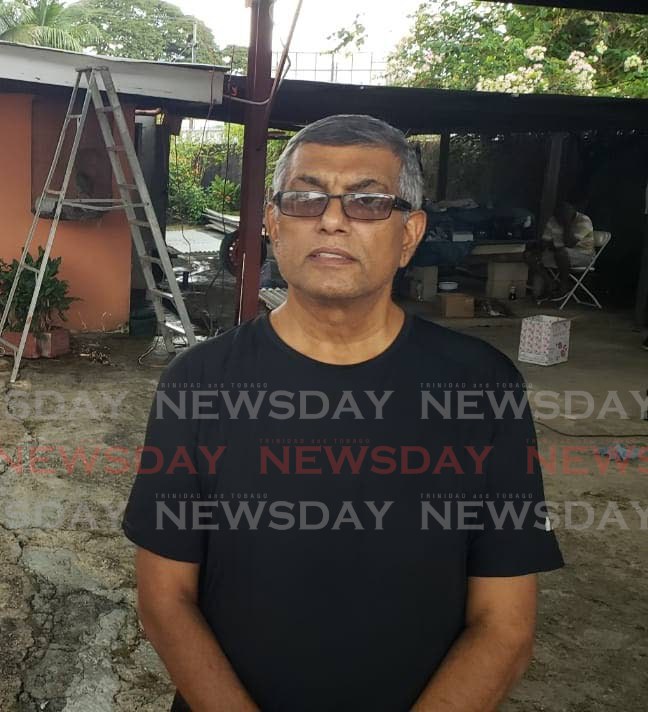Remedying problems in education post-pandemic

THE EDITOR: Even during the covid19 pandemic some of the more proactive organisations began looking at post-pandemic operations – and quite rightly so. The assessment will vary as seen in the eyes of our established objectivity. There have been opinions expressed on prioritising health, education, the economy, among others.
What seems common is that in everything we need to address serious concerns, as the pandemic has long-lasting effects. It calls for collaborative action within reason and influenced by a dose of reality.
Speaking of collaboration, we do need in some cases more than one stakeholder to fully understand the big picture with duly pulling their weight. The established modus operandi may not be the best, including calling for thinking out of the box.
Vijay Maharaj, acting general secretary of the Sanatan Dharma Maha Sabha (SDMS), in a recent article suggested there is urgent need to abolish the Teaching Service Commission (TSC).
Maharaj, whose portfolio includes being the secretary of the SDMS Education Board of Management and a representative to the Association of Denominational Boards of Education (ADBE), viewed recent activities of the TSC as detrimental to education and called for the Ministry of Education to be given the duties assigned to the TSC. He quoted the relative section 125 of the Constitution.
Without wanting to support or in any way assess this suggestion, I know only too well that constitutional amendments are as seemingly impossible and begs the question: which is more practical, desirable or attainable, changing the Constitution or getting the relevant parties/stakeholders to fully understand the national impact of their approach?
My suggestion is that, given the urgency, importance and benefits of collaborative action, all stakeholders see their roles as such.
To hear that we are facing staffing shortages at our schools today due to action by the TSC, while we are seeking to try to make up for loss of teaching/learning time during the pandemic, which has brought home schooling to light, seeking parental involvement, establishing after-school lessons and other remedial programmes will likely fade in the face of absent teachers.
There is no full substitute for teacher-student interaction. The National Parent-Teachers Association (NPTA) and TTUTA must likewise lobby for the remedy of this unacceptable situation.
An understanding of the problem includes the limits of the boards of education and the ministry in the appointment of teachers, as well as the provisions of the Concordat which allow for objection of appointments to the denominational schools without the approval of the relevant board.
The blame game will not alter the “price of cocoa.” We recall the post-SEA attempt to assist students below the acceptable pass mark, as well as continuous projections for further evaluation at Form Two as interventions towards alleviating the impact of the pandemic.
As we try to make up for loss time, let us not further lose any time.
LENNOX SIRJUESINGH
Chaguanas


Comments
"Remedying problems in education post-pandemic"